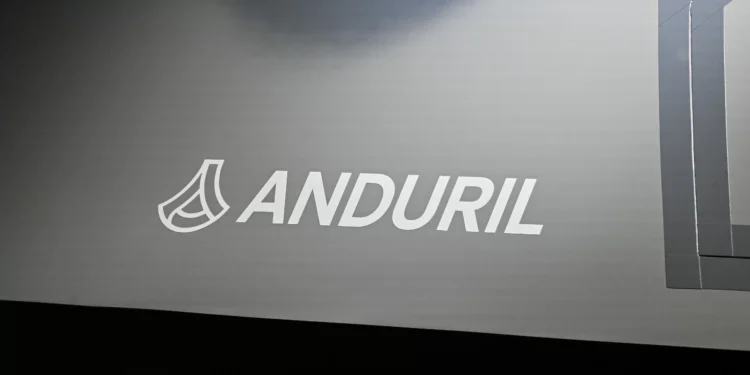Mike Obadal, a nominee for the position of under secretary of the Army, has come under fire for his plan to retain his stock in weapons company Anduril if he is confirmed for the role. Experts have called this move a blatant conflict of interest, raising concerns about his impartiality and ability to make unbiased decisions.
Obadal, who currently serves as the Vice President of Government Affairs at Anduril, was chosen by President Trump for the top Army job. This appointment, however, has raised eyebrows due to Obadal’s close ties with the defense industry, particularly Anduril.
Anduril, a California-based defense technology company, specializes in developing cutting-edge products for the military and security forces. The company’s products include artificial intelligence-enabled drones, surveillance systems, and other advanced technologies. Anduril has also secured lucrative contracts with the U.S. Department of Defense, making it a major player in the defense industry.
Given the nature of Anduril’s business and its close ties with the government, it is concerning that Obadal intends to hold onto his stock in the company while serving as the under secretary of the Army. This raises questions about potential conflicts of interest and whether Obadal’s decisions will be influenced by his financial stake in the company.
Experts have voiced their concerns, stating that it is a clear conflict of interest for someone in such a high-level government position to hold stock in a company that does business with the government. They argue that this not only undermines the integrity of the position but also raises doubts about the fairness and transparency of decision-making processes.
Furthermore, Obadal’s refusal to divest his stock in Anduril sends a message that he values his financial interests over the best interests of the Army and the country. It also goes against the ethical standards expected of someone in such a crucial role. As a senior official in the Army, Obadal will be responsible for overseeing the acquisition and management of weapons and technology, making it imperative for him to maintain independence and impartiality in his decision-making.
In an attempt to address these concerns, Obadal has promised to recuse himself from any matters related to Anduril. However, this is not enough to alleviate the concerns regarding his potential conflicts of interest. The fact remains that he will still hold a significant financial stake in the company, which can potentially influence his decisions.
Obadal’s nomination also raises broader questions about the revolving door between the government and the defense industry. It is not uncommon for high-ranking government officials to move into lucrative positions in the private sector, and vice versa. This creates a cozy relationship between the two, which can lead to conflicts of interest and undermine the integrity of our government.
In light of these concerns, it is imperative that Obadal divests his stock in Anduril if he is confirmed as the under secretary of the Army. This is not just a matter of ethics but also an issue of national security. The Army needs a leader who can make impartial and unbiased decisions, free from any influence from their personal financial interests.
Moreover, Obadal’s nomination highlights the need for stricter regulations and guidelines regarding conflicts of interest in government positions. It is essential to have clear guidelines in place to prevent conflicts of interest and ensure that our government officials are serving the best interests of the public.
In conclusion, Mike Obadal’s plan to retain his stock in Anduril if confirmed as the under secretary of the Army is a blatant conflict of interest that cannot be ignored. It is crucial for Obadal to prioritize the interests of the Army and the country over his personal financial interests. And if he is unable to do so, it is the responsibility of the government to ensure that he is held accountable for any potential conflicts of interest. The integrity of our government and the trust of the public must be preserved, and that can only be achieved through transparency and ethical practices.






